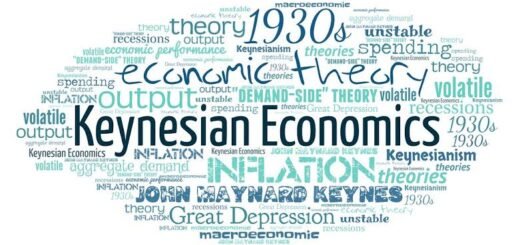Nature of Managerial Economics
Nature of Managerial Economics

Managerial economics is closely related to business firms. It solves problems which are often faced by business firms. The objective of managerial economics is described as the application of economic principles to business management. It provides a bridge between theory and practice.
The nature of managerial economics can be explained as follows-
1. Microeconomics in nature-Managerial economics is microeconomics in character or nature. Microeconomic analysis deals with the problems of an individual firm, factory (industry), consumer etc. With its help we can study what is happening in the firm. How the available resources are being used and whether the firm is economically or technically efficient or not.
2. It is practical-Managerial economics is practical. It ignores the impractical aspects of economic theory. It helps in solving the problem in practical terms. It incorporates economic concepts that are complex and help in decision making.
2. It is practical- Management economics is practical. It ignores the impractical aspects of economic theory. It helps in solving the problem in practical terms. It includes those economic concepts which are complex and help in decision making.
3. Normative explanation (ideal)- There are two types of explanations in economics. Positive and normative. These approaches are related to ‘what should happen’ when they are normative and ‘what is’, ‘what was’ or ‘what will happen’ when they are positive. For example, if someone says that ‘due to this policy of the government, unemployment will decrease and prices will increase’, then this is a positive approach, while the statement that the problem of unemployment should be given more priority than the problem of inflation is a normative approach. Management economics is normative because it always suggests what the management should do to achieve organisational goals and how good results should be achieved. It tells us what goals a business should achieve, how to achieve them and how to fix them.
4. Behavioral Science- With the help of managerial economics one can easily understand the real business process. This theory is based on some simple assumptions. The conclusions drawn do not usually occur in reality. The role of a managerial economist is to refine the theoretical framework to reflect the real business process. It provides insight into a particular problem, hence most successful businessmen become good economists, even without having any professional degree.
5. Helpful in understanding the environment- Managers cannot ignore the environment in which they work. They must understand factors such as tax policy, business ups and downs, government resistance to business etc. Managerial economics keeps businessmen well informed of all these factors so that they can adjust their decisions accordingly.
The close relationship between management and economics has led to the development of managerial economics. Management is responsible for maintaining the internal environment of an enterprise where individuals working together in groups can function efficiently and effectively achieve common goals.
On the other hand economics mainly analyses and solves the most basic problem of scarcity. Thus managerial economics refers to the application of economic principles and decision science to examine how an organisation can achieve its objectives in the most efficient manner using fewer resources.


